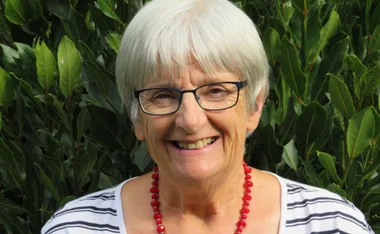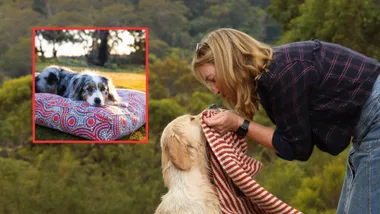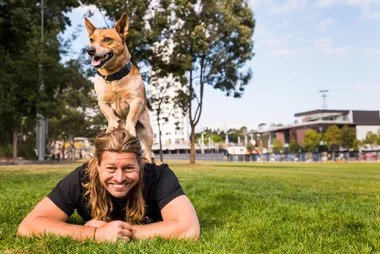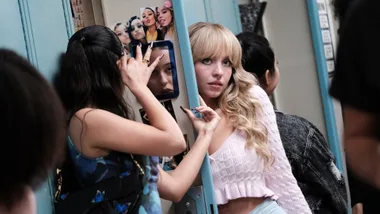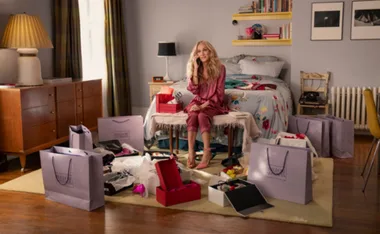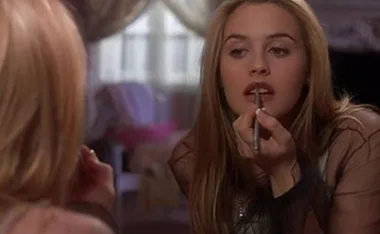Studying art for my HSC was challenging, but I found I enjoyed painting so much that I knew it was what I wanted to do for the rest of my life.
After finishing school I began an art course at the local TAFE. Just two weeks into the semester I could already tell I was the most talented and knowledgeable student in the class – but then a newcomer joined our group.
I was horrified to see that Lorna’s work was every bit as good as mine – in fact, it might have been a bit better. They say competition is good for you, but it wasn’t for me. I needed to be the best at everything I did.
I couldn’t help but dislike Lorna immediately, and I was rude and mean to her from the very start. Lorna was friendly to everyone – even to me – but I did everything I could to make life difficult for her.
I would bump into her in the hall, steal her favourite paints and even went so far as to start a rumour that Lorna and one of the younger female teachers were having an affair.
I’m sure I managed to make her time in the classroom very unpleasant, but unfortunately for me her artwork continued to flourish. At this point it became pretty clear that she was a much better painter than me. Even I had to admit it.
Towards the end of the year, a well-known artist announced to the class that he’d give the most promising student private tuition in his own studio for six months. It was an amazing opportunity. He had decided to set up a competition where we had to submit a painting and he’d select his favourite piece of work.
As much as I tried, I just couldn’t seem to come up with anything of the standard necessary to beat my rival. Then one afternoon while I was browsing through some really old magazines on my grandmother’s bookshelf, I found a compilation of short stories published over 60 years ago. They were illustrated with beautiful watercolours and I thought what a shame it was that these lovely artworks were hidden away in this women’s magazine that had been cast aside so long ago.
Then the idea hit me. These illustrations would have been long forgotten, and the chance of anyone else in my class having a copy of the magazine was about one in a million. So I carefully copied a particularly striking picture, stroke for stroke, and produced a beautiful “new” painting to submit.
I was ecstatic when I won. The private lessons taught me more than I could ever have imagined, and I’m truly proud of my paintings today. I’m not rich, but I make a reasonable living from my art.
I’ve never cheated since, but I often think about Lorna and wonder what happened to her. I still feel bad about stealing an opportunity that was rightfully hers, so I hope she too has found success in her own artistic pursuits.








